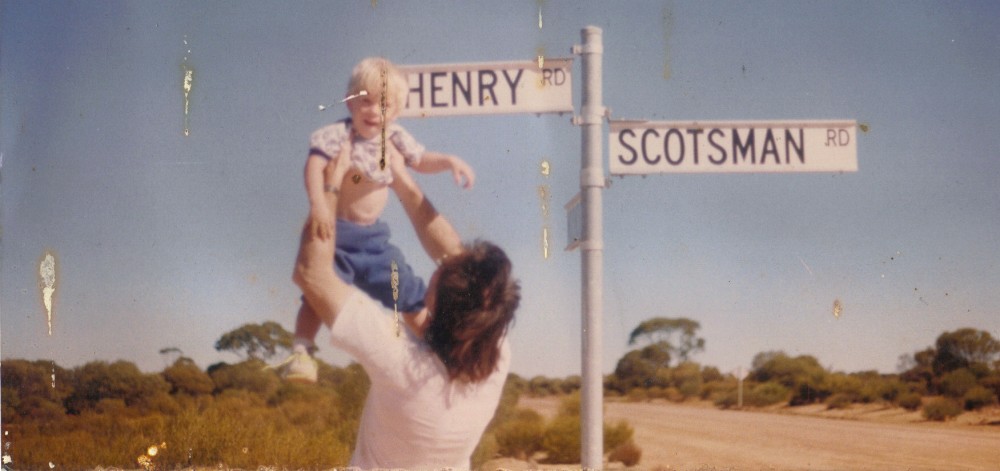What immediately rushes to mind whenever I think of concept is the concept album. The way I would describe the concept is in taking the whole thing into consideration. ‘The Six Wives of Henry the Eighth’ could as easily serve as theme, subject, topic, as for title. There’s a mental shorthand we do when we think of the unfortunate spouses of a monarch with near absolute power and their respective fates. Whether this means a true critic would ignore what we know of the subject and divide each facet of this part of royal history up. I don’t see the need; not when it comes to knowing how to craft a song with the requisite strong concept driving the process.
The concept would be an LP (probably taking the natural division of the two sides into account) dealing with each of the wives in turn and framing this in a keyboard saturated musical environment that compliments each ‘story’
Likewise the concept of ‘Tommy’ is a rock opera about a deaf, dumb and blind boy who is amazingly proficient at the cool fad of the day, which happens to be pinball. That may not be the case, and there could be various reasons why he’s a pinball wizard and not a Mario kart wizard or Pacman prestidigitater (apart from Pete Townshend not being able to see into the gaming future)
So I see the concept as including the medium that the work is produced in and the way it is constructed, as well as the subject and theme. Concept is also a feature of preparation; often pre-dating the piece itself. You come up with the concept and from that a work emerges, with its own features. Obviously BBC producers and biographers have an interest in the six wives of Henry VIII and their concept would be different, even if the theme, subject, topic were the same as the Rick Wakeman album.
To draw in those other songs we’ve investigated under the topic of subject and the subject of topic, the concept is a little harder to get to in the space of one song but we can still say the concept of ‘Good Year for the Roses’ is a country song about suburbia. A feature of country songs is the repeated shattering of domestic bliss so that has to go in there.
The concept of ‘Rambling Man’ is a song celebrating the life of the drifter (with the songwriter having also masqueraded as a character called Luke the Drifter)
As with most synonyms, there is an easy passing between concept and theme, even if theme doesn’t take in the canvas or music sheet; the details of the narrative. A concept can also be cursory, needing the details to be filled in.
